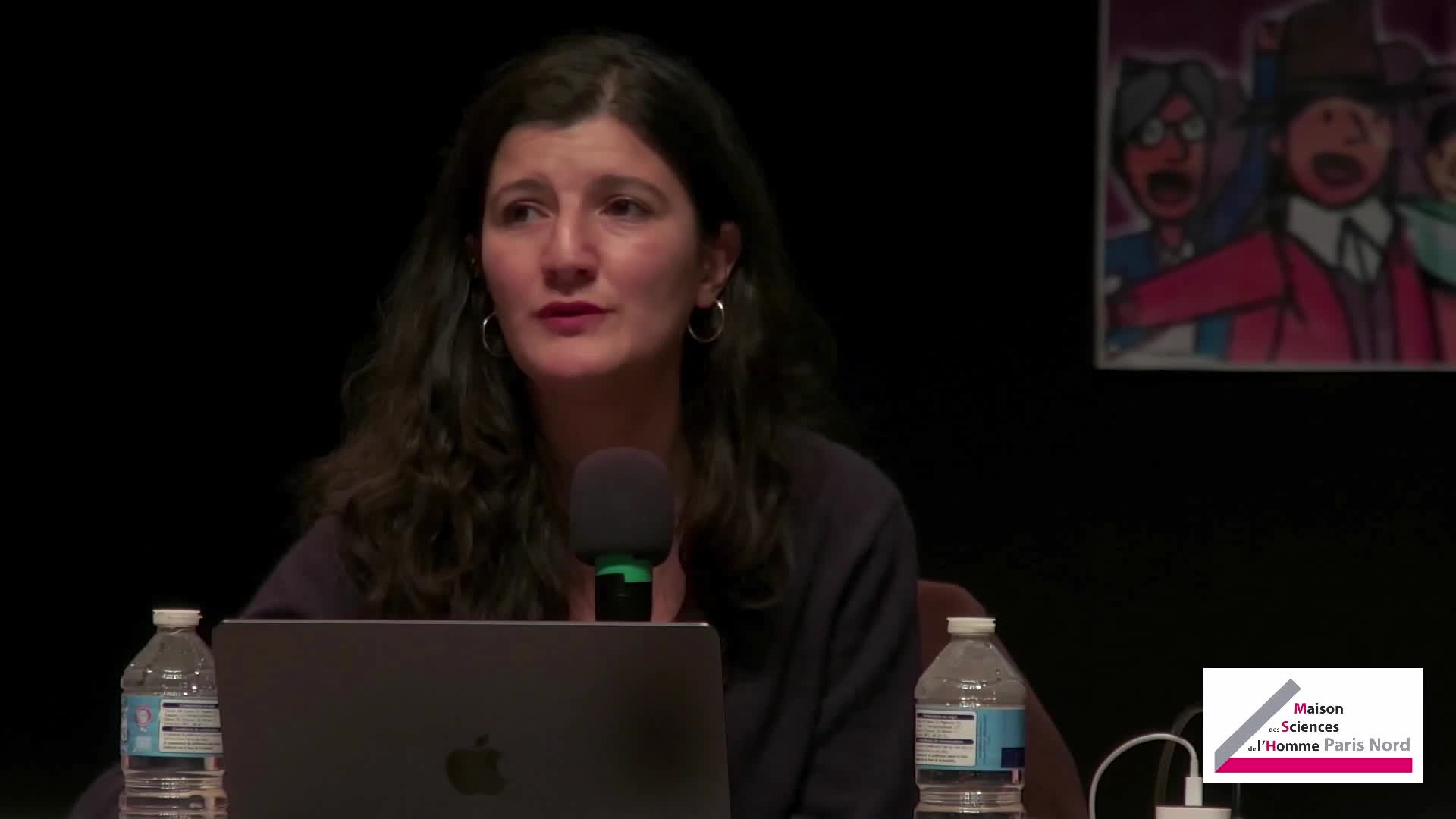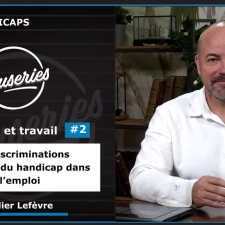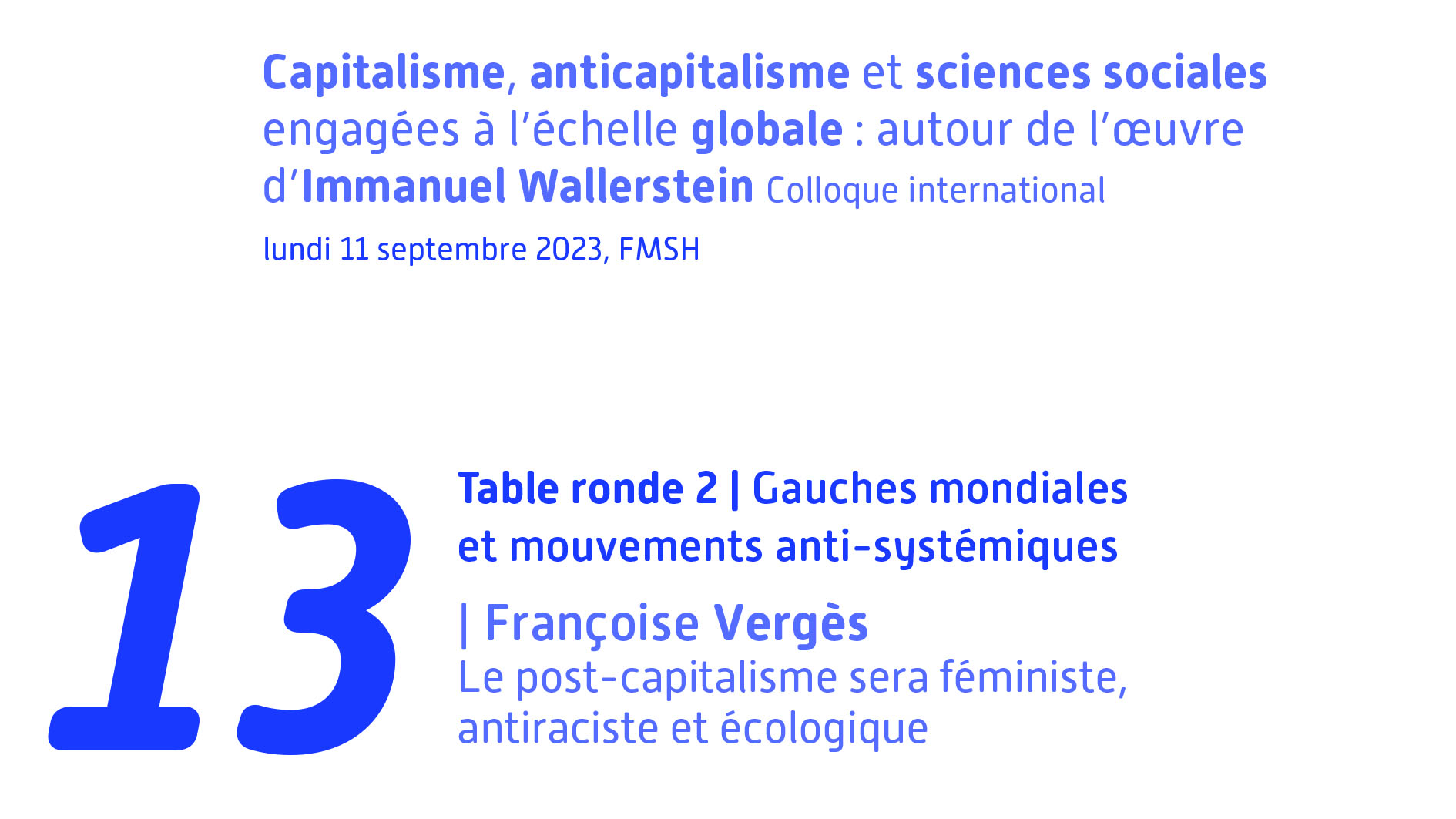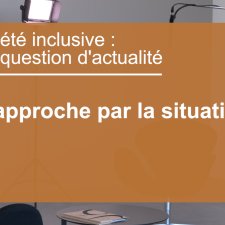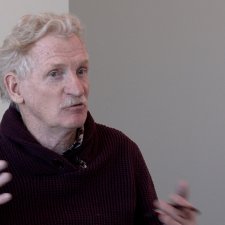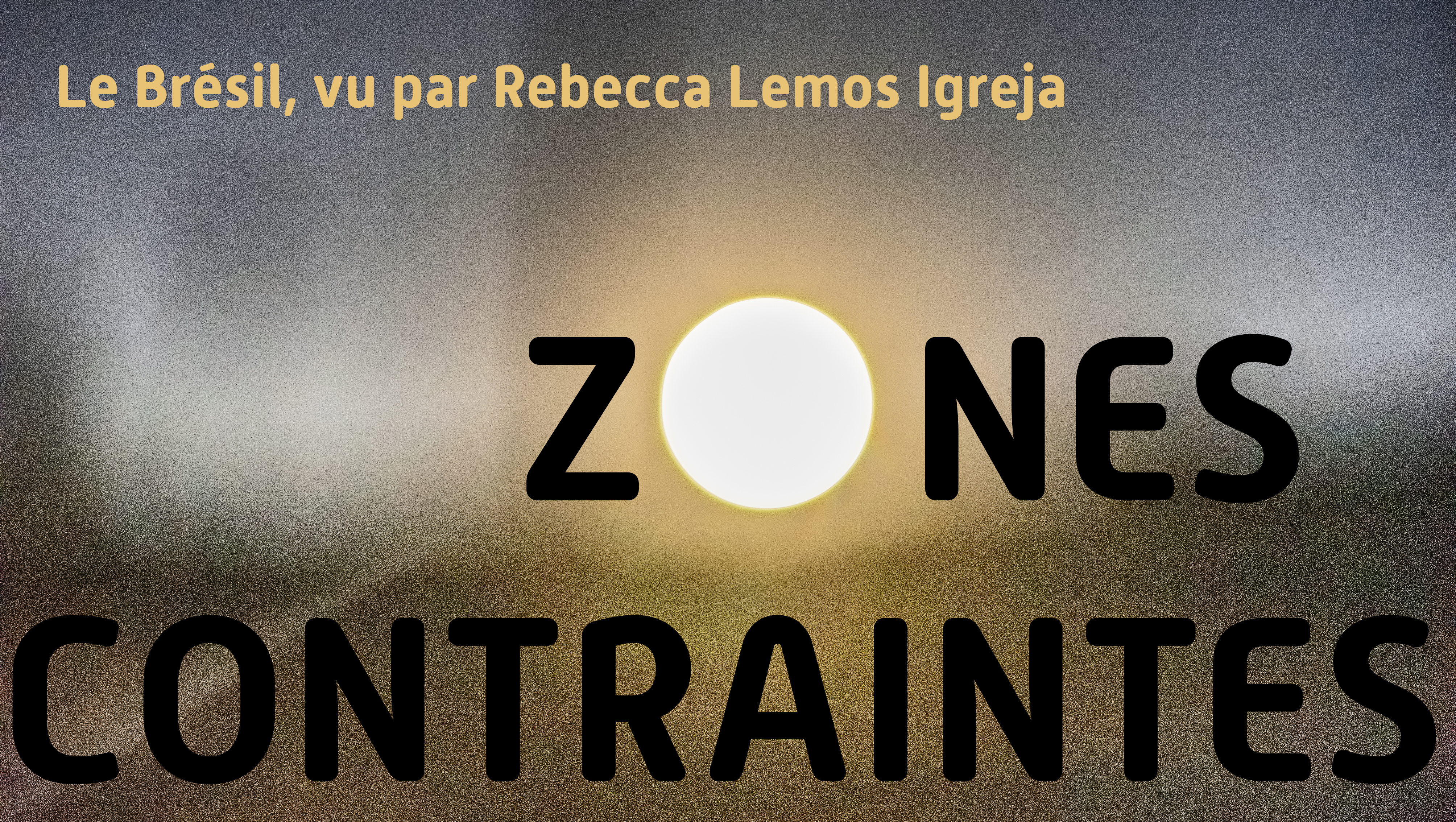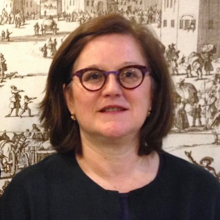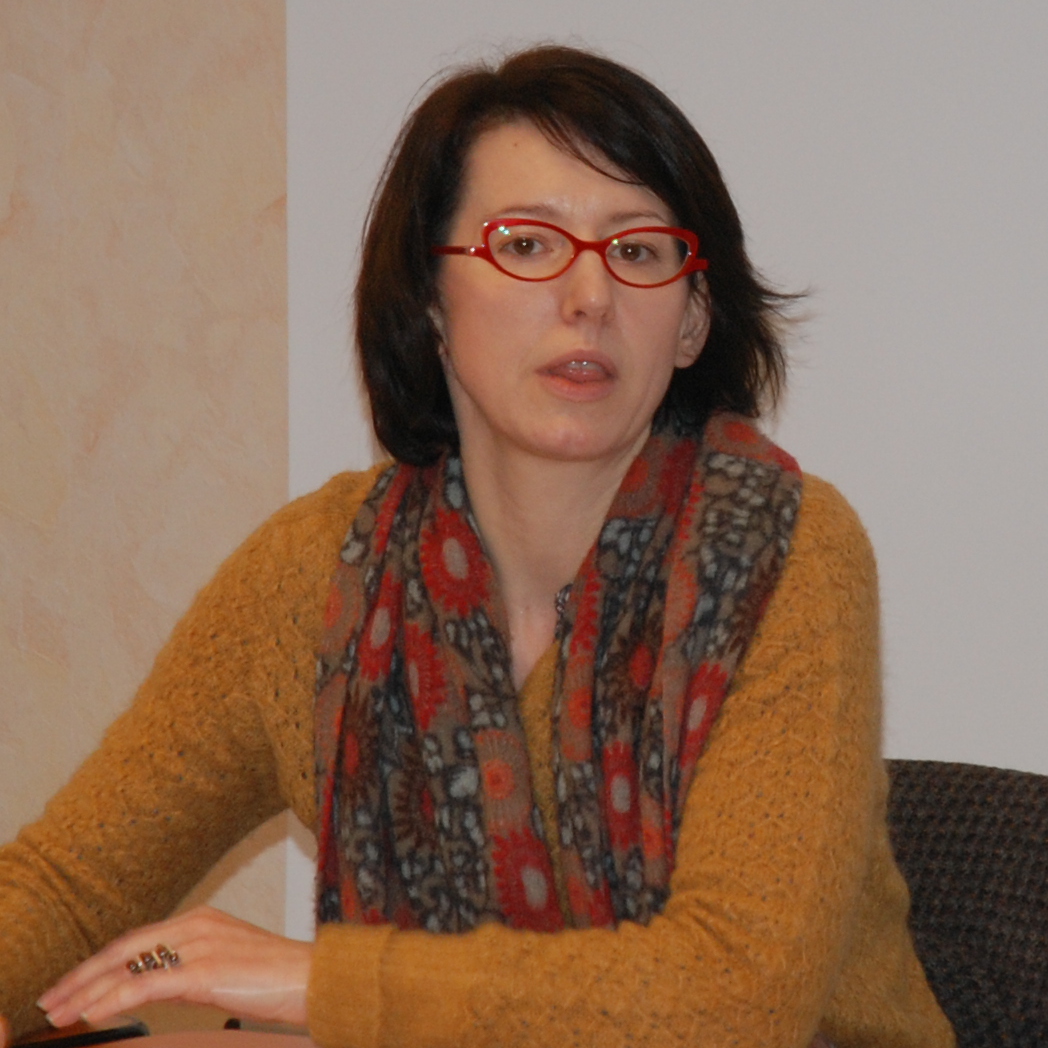Notice
Séminaire Urmis Nice "Frontières et altérité" - Séance du 12 janvier 2018 à 14h30 avec Hans Siebers, (Tilburg University), "In search of the factors and mechanisms that erect ethnic boundaries , in institutional settings"
- document 1 document 2 document 3
- niveau 1 niveau 2 niveau 3
Descriptif
Séminaire diffusé en streaming de 14h30 à 16h30.
La vidéo sera consultable en différé à partir du lundi 15 janvier 2018.
Publication de référence :
Hans SIEBERS (2017) What turns migrants into ethnic minorities at work? Factors erecting ethnic boundaries among Dutch police officcers. Sociology, 51(3): 608-625.
http://journals.sagepub.com/doi/10.1177/0038038515598282
Abstract
Transnational migration flows have revitalised the interest in ethnicity in social sciences. The ethnic boundary approach (Barth, Wimmer) argues for a non-essentialist understanding of ethnicity and calls for detecting the factors that turn migrants into ethnic minorities. Based on ethnographic fieldwork among Dutch police officers between 2008 and 2013, this article presents three factors that together constitute a structural framework that produces events of ethnic boundary construction (salient ethnic identity plus ethnic closure) between migrant and non-migrant officers: (1) ethnicised precarity; (2) ethnic conflicts triggered by the ethnicising discourse in Dutch media and politics on migrants and migration; and (3) the quasi-therapeutic management style applied in the police organisation. It further calls for a differentiated understanding of migrants’ precarity, questions explanations of ethnic closure in terms of stereotypes and critically scrutinises socio-psychological approaches of ethnicity and diversity management.
Keywords cultural fundamentalism, discrimination, diversity, ethnicity, ethnic boundaries, ethnic inequality, labour control, labour market, migrants, precarity
Thème
Documentation
Liens
Sur le même thème
-
Colloque international « (In)justice reproductive : Les droits reproductifs au prisme des rapports …
CARAYON Lisa
SANTOS RODRIGUEZ Victor
Dans cette vidéo, Lisa Carayon anime une table ronde portant sur les enjeux de justice reproductive et de travail.
-
La discrimination ethno-raciale dans la corporation des Avocat.es
ZRIBI Yasmine
La recherche porte sur la manière dont les rapports sociaux ethno-raciaux participent à la division sociale d’une corporation professionnelle, celle des avocats. Si la formation et la réussite à l
-
Les Causeries de l'Égalité - L'égalité et le genre #7 - Femmes et discriminations
DUCRET Marie Patricia
DECHEPY-TELLIER Johan
Les Causeries de l'Égalité - L'égalité et le genre #7 - Femmes et discriminations
-
Les mots de trop – Guide d’auto-défense pour étudiant·es en art
ALVèS Anaïs
BAIERL Estelle
VELA Sophie
Que faire de nos colères face aux discriminations subies lorsque l’on est étudiant·es en art, alors même que l’on imaginait ce milieu plus ouvert qu’un autre, peut-être plus safe ?
-
Handicaps et travail #2 - Discriminations en raison du handicap dans l'emploi
DUCRET Marie Patricia
LEFEVRE Didier
Didier Lefevre - Causeries Handicaps - Handicaps et travail #2 - Discriminations en raison du handicap dans l'emploi
-
Table ronde 2/ Le post-capitalisme sera féministe, antiraciste et écologique
VERGèS Françoise
Dans le cadre de ses 60 ans, la Fondation Maison des sciences de l'homme organise le colloque international "Capitalisme, anticapitalisme et sciences sociales engagées à l'échelle globale : autour de
-
Société inclusive : une question d'actualité - L’approche par la situation
WALKER Alan
MEISTERMANN Christian
HôTE Jean-Michel
FOUGEYROLLAS Patrick
Comment la primauté à l’interaction entre l’environnement et la personne participe à la refondation de l’action publique et des pratiques professionnelles qui construisent la société inclusive ?
-
Entretien avec Christian Meistermann sur la Société inclusive
MEISTERMANN Christian
Entretien avec Christian Meistermann, représentant régional Grand-Est de APF France handicap
-
Le Brésil, vu par Rebecca Lemos Igreja
LEMOS IGREJA Rebecca
La Fondation Maison des sciences de l'homme soutient les milieux intellectuels évoluant dans des pays marqués par divers obstacles à la liberté académique. Pour ce faire elle accompagne des chercheurs
-
Catherine Quiminal : La République et ses étrangers. Cinquante années de rencontre avec l’immigrati…
QUIMINAL Catherine
Intervention de Catherine Quiminal lors du séminaire Migrations et altérités (Urmis Nice) : "La République et ses étrangers. Cinquante années de rencontre avec l’immigration malienne en France"
-
Paris transformé. Le Marais 1900-1980 : de l’îlot insalubre au secteur sauvegardé Onglets principau…
Historienne de l’urbain, Isabelle Backouche présente son dernier livre en montrant comment s’articulent la gestation et le lancement d’un aménagement parisien et la volonté partagée par plusieurs
-
La fabrique ordinaire d’inégalités multidimensionnelles
Au plan utopique, le pluralisme égalitaire – qu’il soit culturel, linguistique, alimentaire, religieux, d’orientation sexuelle…- se déploierait sans inégalités ni hiérarchies ni oppressions. Il est



